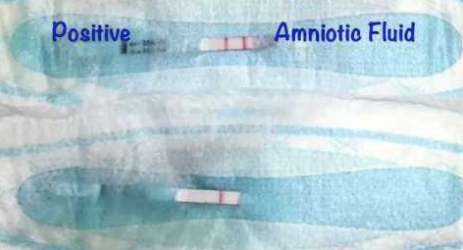
But, if you feel contractions that occur regularly, get progressively stronger, and don’t subside if you move or change positions, you’ll want to call your healthcare provider for advice. Contractions that are irregular and go away when you move or change positions are likely Braxton Hicks “practice” contractions. At 37 weeks pregnant, you could start to feel contractions that you might recognize as being similar to menstrual cramping. Try not to tilt your pelvis forward or backward, and avoid lifting or carrying heavy or bulky items.Ĭontractions. Once your baby drops lower into your pelvis, the distribution of your weight may even change again, so be extra careful whenever you’re on your feet! To keep yourself steady, stand with your feet pointed in the same direction with your weight balanced evenly on both feet. This extra weight from your baby, the placenta, amniotic fluid, and more can make it challenging to move around. By now, your pregnancy weight gain means your center of gravity has shifted, making it easier for you to lose your balance. Make sure you’re staying hydrated, and use a humidifier in your bedroom if your partner starts to complain about your snoring. Most moms-to-be go through some breathing changes during pregnancy thanks to hormonal changes, and toward the end, some snoring is not uncommon as the mucus membranes in your nasal passages tend to dry out. This one might not trouble you as much as your partner. Bland foods like rice, toast, or bananas can also help get you through these bouts of nausea. Try to eat four or five smaller meals instead of three larger meals. Some moms-to-be experience nausea around 37 weeks pregnant, and it could be a sign that labor is about to start. Once your baby “drops” lower into your pelvis, this may take some pressure off your lungs and diaphragm, making it easier for you to breathe. Try to rest more, move slowly, and sit or stand up straight to help give your lungs more room to expand with each breath. If your baby hasn’t dropped yet, she might be pressing up against your lungs, making breathing a little more difficult. Contact your healthcare provider for more advice on what to do to relieve pelvic or lower back pain. If pelvic pressure is causing you discomfort, a warm bath may provide some relief. This pelvic pain can even make it hard to walk.

Is your baby sitting lower in your pelvis these days? This dropping - also called lightening or engagement - can occur a few weeks before your baby is born, and you might notice it if you feel a little extra pressure on your lower abdomen. 37 Weeks Pregnant: Your SymptomsĪt 37 weeks pregnant, here are some of the symptoms you may be experiencing:

Twins and triplets are more likely to be born earlier than a single baby, so keep an eye out for signs of labor if you’re 37 weeks pregnant with twins or more.

Some moms-to-be don’t notice it at all.Īt 37 weeks, if you do notice the mucus plug on your panties or on the toilet paper after you wipe, or if you are unsure if this means your labor has started, you may want to call your healthcare provider for advice on what to do next. Keep in mind, you can lose the mucus plug hours, days, or even weeks before labor begins.

Seeing this mucus discharge is an indication that labor is starting or is not far off. If, at 37 weeks pregnant, you notice some extra vaginal discharge that is clear, pinkish, or slightly bloody, this may be the mucus plug. When this starts to happen, you may lose the seal that protected your uterus from infection throughout your pregnancy. Are you wondering how many months along you are at 37 weeks pregnant? Because pregnancy doesn't divide neatly into months, it’s possible you’re either 9 or 10 months pregnant at this point.Īt 37 weeks pregnant, your cervix may be beginning to dilate.


 0 kommentar(er)
0 kommentar(er)
